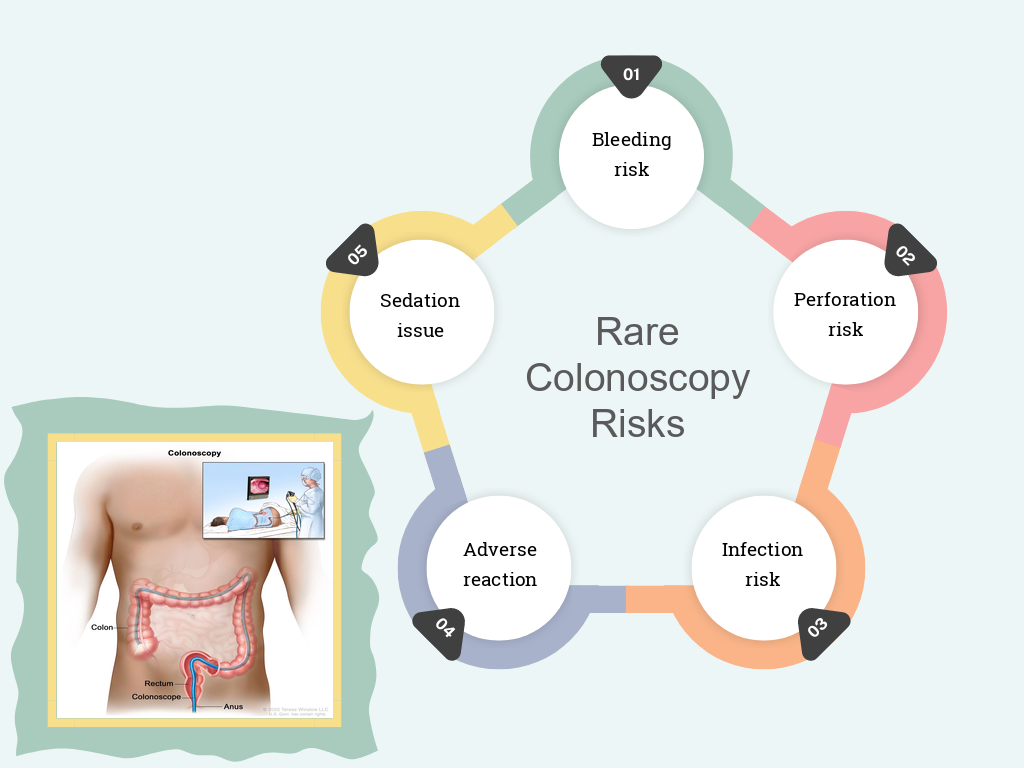Colonoscopy is a common procedure that helps doctors check the health of your large intestine, known as the colon. It’s an essential part of preventive care since it can find issues before they become serious. In this blog, we’ll explain this procedure, why it’s important, and what you can expect if you need one. Our goal is to clear up any worries you might have about it.
Breaking Down the Colonoscopy Procedure
colonoscopy involves a thin tube with a camera, called a colonoscope. This tool helps the doctor look directly inside your colon. The steps are simple:
You lay on your side in a comfortable position.
The doctor gently inserts the colonoscope through the rectum and into your colon.
The camera sends live video to a screen, allowing the doctor to see any unusual signs.
Most adults should have their first colonoscopy at age 45. If you have a higher risk, like a family history of colon cancer, you might need one sooner or more often. It’s a big part of preventive care. Remember, early detection saves lives.
Preparation and Expectations: Navigating the Colonoscopy Journey
Preparation is key for a smooth colonoscopy. Here’s what you can do:
Dietary Changes: Eat light meals a few days before.
Bowel Prep: Drink a special liquid to clean out your colon. Be prepared for increased bathroom visits. Some say side effects of colon prep include feeling bloated, but it’s crucial for a clear view.
On the day, you’ll change into a gown. A nurse will guide you, easing any anxieties. After the procedure, you’ll rest until the sedative wears off. Have someone drive you home. You might feel gassy or a bit bloated afterward, but it’s normal and usually goes away quickly.
Evaluating Risks and Emphasizing Benefits
Like any procedure, a colonoscopy has its risks. They’re usually quite rare but can include:
Minor bleeding if a biopsy is taken.
A small chance of perforation in the colon wall.
Side effects of colon prep are typically temporary.
On the brighter side, colonoscopy benefits are significant. It helps find cancer early, giving more treatment options. It can also identify and remove polyps before they turn into cancer. With regular preventive care, you can tackle issues right at their start.
Conclusion: Empowering Health Through Knowledge
We’ve covered what a colonoscopy involves and its role in preventive care. Regular screenings can catch problems early when they are easier to treat. The benefits of getting a colonoscopy often outweigh the concerns. Always talk with your healthcare provider to decide the best timing for you. Take proactive steps to understand and manage your health.
In summary, the benefits of colonoscopy prep and the potential for early detection can’t be overestimated. While it’s understandable to have concerns, addressing them can lead to better health outcomes. Embrace the opportunity for life-saving insights through regular screening.
